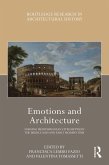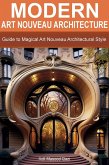How today's questions surrounding monuments and the ways we commemorate our past first arose in Rembrandt's time Monuments occupy a controversial place in nations founded on principles of freedom and self-governance. It is no accident that when we think of monuments, we think of statues modeled on legacies of conquest, domination, and violence. The Monument's End reveals how the artists, architects, poets, and scholars of the early modern Netherlands contended with the profound disconnect between the public monument and the ideals of republican government. Their experiences offer vital lessons about the making, reception, and destruction of monuments in the present. In the seventeenth century, the newly formed Dutch Republic dominated world trade and colonized vast overseas territories even as it sought to shed the trappings of its imperial past. Marisa Anne Bass describes the frustrated attempts by figures such as Rembrandt van Rijn and playwright and poet Joost van den Vondel to reimagine public memory for their emergent nation. She shows how the most celebrated age of Dutch art was more an age of bronze than of gold, one in which the pursuit of freedom from domination was constantly challenged by the commercial ambitions of empire. Exploring how the artists and intellectuals of this vibrant century asked questions that still resonate today, this beautifully illustrated book discusses works by contemporary artists such as Spencer Finch and Thomas Hirschhorn and offers new perspectives on monuments like the 9/11 Memorial and Museum and events such as the Unite the Right rally in Charlottesville.
Dieser Download kann aus rechtlichen Gründen nur mit Rechnungsadresse in A, D ausgeliefert werden.









